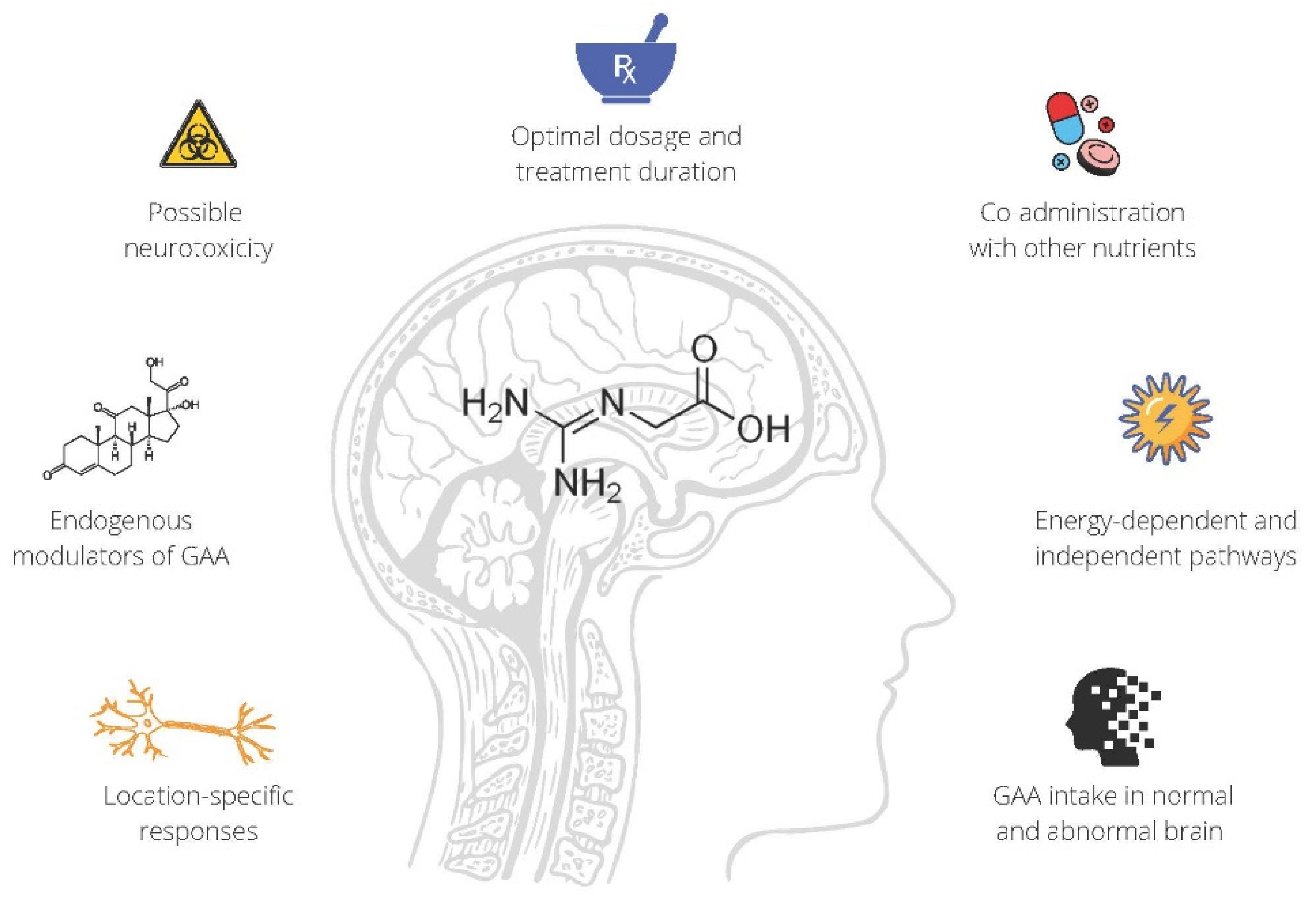Long term side effects of creatine intake
Creatine is widely used as a dietary supplement for enhancing athletic performance, but concerns regarding its long-term side effects have been raised. Here’s a summary of findings related to the potential long-term side effects of creatine intake.
-
General Safety: According to the Mayo Clinic, when creatine is taken at appropriate doses, it is likely safe for up to five years. However, any dietary supplement carries the risk of side effects, and users should exercise caution (Mayo Clinic).
-
Potential Side Effects: Some reported side effects of long-term creatine supplementation include kidney damage, liver damage, and the formation of kidney stones. Other anecdotal effects include gastrointestinal disturbances, muscle cramps, weight gain, bloating, dehydration, and even hair loss (Healthline, Mount Sinai).
-
Water Retention: A notable effect mentioned in one study is water retention, which has been associated with creatine use, leading to swollen limbs in some subjects (PubMed).
-
Misconceptions: Research suggests that in healthy individuals, the consumption of recommended doses of creatine does not generally lead to adverse effects on kidney or renal function (JISSN). Nonetheless, high doses may increase the risks associated with its use.
-
Recommendations: It’s advisable for anyone considering creatine supplementation to consult with a healthcare provider. They can help assess individual health conditions and provide guidance on appropriate use (Cleveland Clinic).
In summary, while creatine is regarded as generally safe for long-term use at recommended doses, potential side effects, particularly with high doses, warrant cautious use and professional guidance.
Sources


Related Questions
Work fast from anywhere
Stay up to date and move work forward with BrutusAI on macOS/iOS/web & android. Download the app today.
